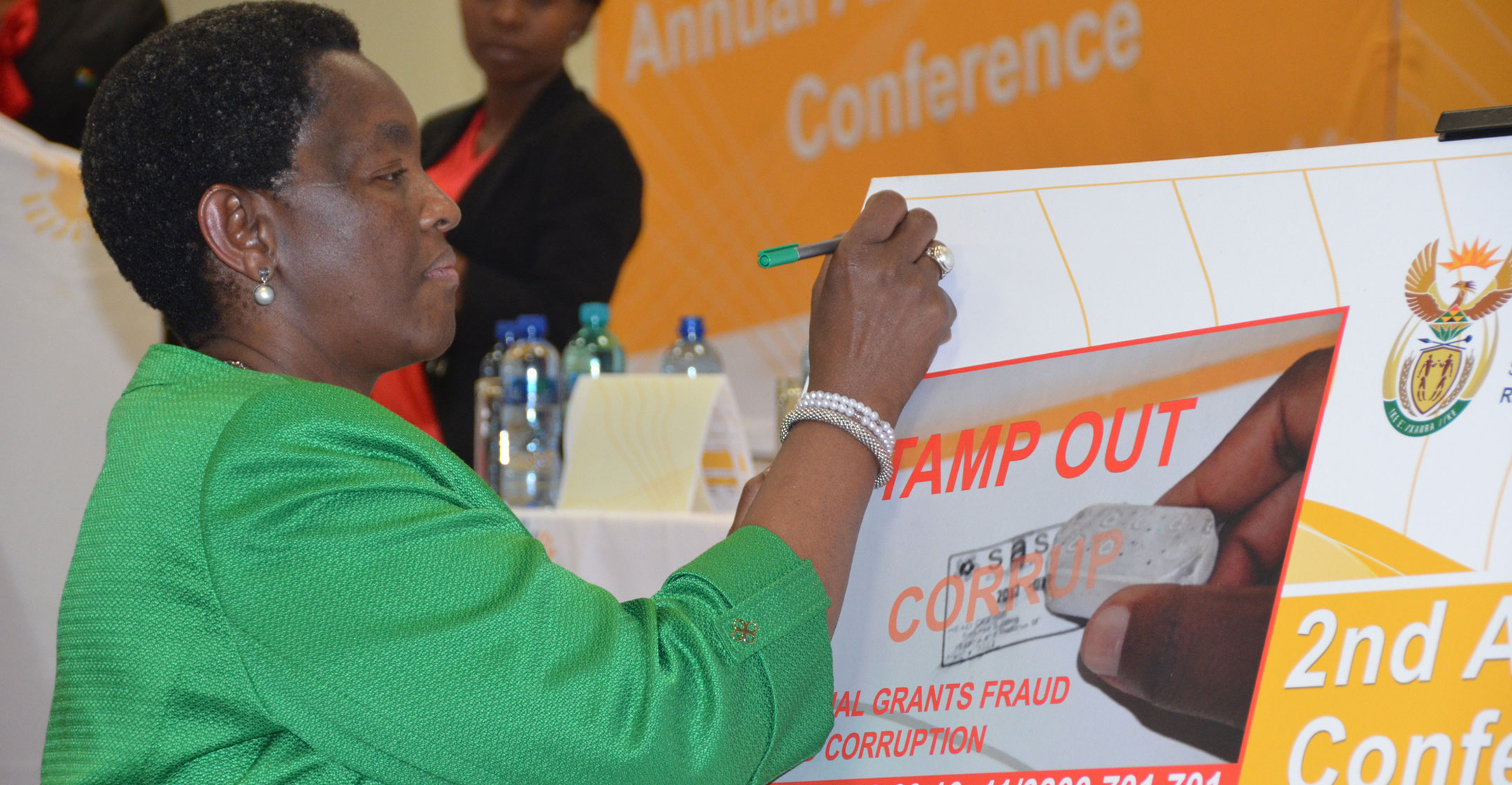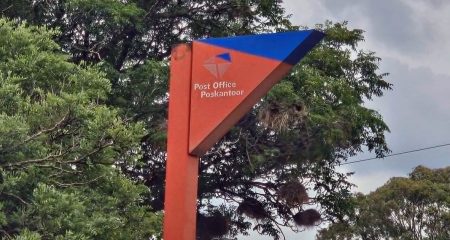
The Post Office and civil rights group Black Sash have raised concerns about delays and frustrations caused by the South African Social Security Agency (Sassa) in the agency’s process of phasing out the invalid contract of incumbent social grants distributor Cash Paymaster Services (CPS).
This has raised fears that South Africa will face another social grants crisis — under the watch of embattled social development minister Bathabile Dlamini — as there is less than two months remaining for the Post Office to take over 17m social grant payments from CPS.
It was agreed — through a last-minute intervention by an inter-ministerial task team led by minister in the presidency Jeff Radebe in December 2017 — that the Post Office will collaborate with commercial banks in order to distribute social grants from 1 April 2018.
However, two Sassa insiders have told Moneyweb that the agency is yet to define the respective roles of the Post Office and commercial banks in the social grants payment system.
Commercial banks are meant to play a support services role to the Post Office including establishing low-cost bank accounts that beneficiaries would use at ATMs or retail outlets to withdraw their social grants.
The big four banks — mainly Nedbank, Standard Bank and FNB — are yet to be contracted by Sassa, a process that might add more delays.
Moneyweb understands that Mark Barnes, the Post Office CEO, has complained to Sassa acting CEO Pearl Bhengu about the agency frustrating his efforts to discuss the state-owned entity’s role in social grants payments.
In his correspondence with Bhengu, Barnes accused Sassa of thwarting the Post Office’s efforts to take over social grant payments and has warned that failure to distribute social grants will cause it reputational damage.
Despite several meetings with Sassa since December 2017, the Post Office is in the dark about the design and schedule of issuing new Sassa cards and the enrolment of the biometric data of social grants beneficiaries. The Post Office plans to pay social grants through its more than 2 000 outlets across South Africa and Post Bank, which boasts 5.8m clients with savings accounts.
‘Progressing well’
Barnes didn’t agree to an interview on Tuesday, saying via a WhatsApp message that the Post Office “has taken the decision not to engage with the media at this stage. Things (the process of taking over social grants) are progressing well,” he said.
The delays have raised fears that CPS’ contract with Sassa might be extended beyond 1 April 2018.
A report in 2017 by a panel of experts appointed by the constitutional court warned that given the failure of Sassa in meeting its deadlines and conducting due diligence tests on the Post Office’s capacity to pay social grants, it’s possible that CPS may still be required for the payment of social grants or might be indirectly involved.
Making this a possibility is Sassa’s unrealistic timelines in assessing tender bids by prospective service providers, conducting a technical and evaluation due diligence process and the absence of a plan to manage a smooth exit of CPS.

Civil rights group Black Sash has joined the fray in raising concerns about Sassa’s delays. The civil rights group asked the constitutional court to supervise a new social grant payments contract when CPS’s contract expired on 3 March 2017. The contract was declared invalid by the same court in 2014 as it didn’t go through a proper tender process. At the eleventh hour, the court extended CPS contract to 1 April 2018.
Black Sash said it remained concerned about “the lack of clarity” around the proposed model in which the Post Office and commercial banks will pay social grants via physical cash payments or the transfer of money via bank accounts.
“Both these options present an opportunity for CPS and Net1 to continue the payment of social grants beyond 31 March 2018,” it said. CPS is a subsidiary of US Nasdaq-listed Net1.
Black Sash said Sassa doesn’t have a plan to protect the personal and confidential data of beneficiaries, which is in the possession of CPS, Net1 and Grindrod Bank after the payment system is transferred to the Post Office. Black Sash has documented complaints of unauthorised deductions for financial services products including prepaid electricity, airtime and funeral cover from the accounts of social grant beneficiaries by Net1’s other subsidiaries.
“The (communication) plan (to beneficiaries) appears confusing and does not specifically outline the social grant payment options or the transition process step-by-step for grant beneficiaries to understand how they will be affected.”
- This article was originally published on Moneyweb and is used here with permission




